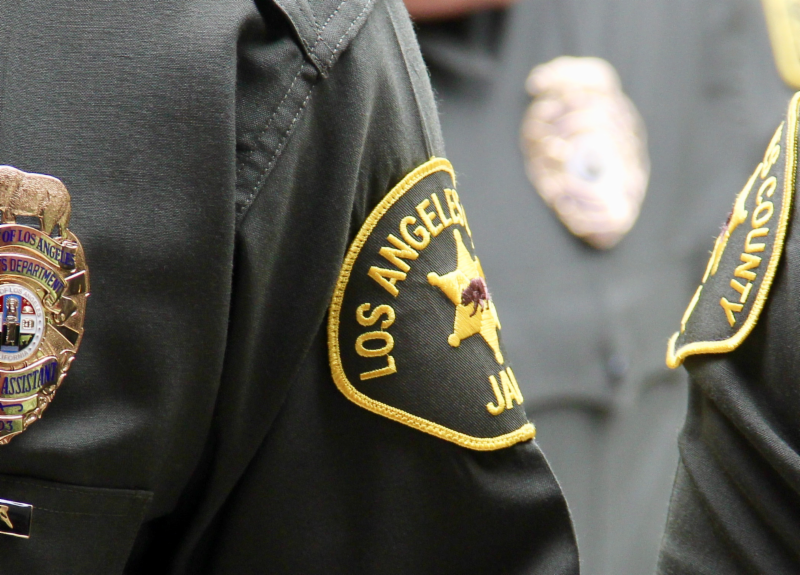NO LAYOFFS!
Today, Director Lisa Garrett of the Los Angeles County Department of Human Resources officially notified the Sheriff’s Department that “a workforce reduction will not be required” as previously believed. NO LAYOFFS!
This optimal outcome is the direct result of the collaboration and coalition of labor organizations of which PPOA is a member — providing much needed political support for our arguments against further defunding of the Department and member layoffs.
PPOA members sometimes ask, “what is the union doing?” or “why pay dues?” This outcome is the answer. Without the support of our partners in labor, the Los Angeles County Federation of Labor, AFSCME District Council 36, Los Angeles County Probation Officers Union – Local 685, Los Angeles County Probation Managers Association – Local 1967, SEIU 721, Association of Los Angeles County Probation Supervisors of Los Angeles County – BU 702, and Local 1014 (Fire); PPOA and ALADS would have been fighting this battle for our members, alone. Being a member of PPOA brings you the benefits of not only what PPOA offers directly, but also the important benefits that come from the coalitions above. Unions are international and benefit millions of workers accordingly, recognizing that each step forward is a fight worth taking on. Rest assured, being a member of PPOA, the Los Angeles County Federation of Labor, the County Coalition of Unions, the Fraternal Order of Police, and the AFL-CIO, all play into protecting your working conditions, pay and benefits.
SENATE BILL 731 (BRADFORD) SHELVED BY CALIFORNIA LEGISLATURE
Speaking of victory, during the last day of legislative session yesterday, Senate Bill 731 was NOT considered on the floor of the California State Assembly. Many special interests were fighting for consideration and passage of the measure on the last day of the 2019-2020 Legislative Session.
PPOA, working in conjunction within a broad coalition of labor organizations representing law enforcement professionals, fiercely lobbied against the flawed bill. Working only from bill drafts, your PPOA legislative experts and union leadership team joined numerous lobbying efforts to explain the faults of this bill and request a collaborative ear from Legislators. Thankfully, it appears we were heard. PPOA’s lobbying efforts focused on established relationships, partnerships with other organizations and education for the Legislators. Through the advocacy of many, Legislators developed the confidence to soundly reject this measure despite the suffocating weight of the moment. When all was said and done, our allies in the California Legislature stood with law enforcement and took action to shelve the bill and bring us into conversations in the future.
Labor organizations representing all classifications of public safety members have committed to working in good faith with Legislators next session to develop a process that makes sense. Not a single “police union” represented in this effort supports “bad apples” slipping through the cracks. PPOA, starting today, has already reached out to Legislators, looking to strengthen those collaborative relationships on this issue. A fair and impartial process to “certify” law enforcement professionals is welcome. Creating that process is in the details, which SB731, in its final writing, addressed poorly.
Today, we had a couple of major victories. Tomorrow we may not. PPOA, and all of the labor organizations listed above recognize tomorrow is another day and another challenge. As PPOA President Tab Rhodes continues to echo, you are not just a member of PPOA, but a part of the family. Today, we were informed of the good news that approximately 250 families — potentially thousands of people — will continue to have income and benefits in these historically difficult times. Today we were informed of the good news that no demotions will occur in October. Today, our members will not face “de-certification” from a committee, stacked against them. Today, is why you are a member of the PPOA family.

